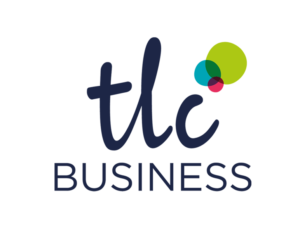Tips to improve social media for your small business
With 4.2 billion active social media users in the world, it’s never been more important for small businesses to get their social media right.
So here’s some top tips to help:
Think about your audience
Consider your target audience and which social media platforms they use most. There’s no point spending time creating the best Instagram posts, if no one in your industry uses it.
Using the right platforms will help you build brand awareness, drive traffic to your website, engage with customers and sell online.
Regular content
Posting content regularly will help your business get noticed and targeted content will help with SEO (search engine optimisation) and get you more followers.
But you can have too much of a good thing! There’s a danger of losing people’s interest if you post more than once a day. For many, once a week is ideal.
Schedule posts
It’s worth putting together a plan with interesting content ideas and deadlines. It can be tricky to break away from something when you’re in the middle of it, so creating and scheduling your posts in advance will give you a chance to focus – and make sure you don’t forget to post!
Scheduling posts for key times of the day, when people are most likely to be checking their phones or social media accounts, will help you reach a wider audience.
Mix it up
Changing the format of your social posts is also a great way to boost engagement. If you usually post a photo, try a video or a GIF, adding emojis and hashtags is also an effective way of breaking up text.
Don’t forget to change the tone, style and content of your posts when using different social media platforms. What you post on Instagram doesn’t have to be the same as what you’d post on LinkedIn.
Connect
Social media is a great way to connect and build relationships with your customers. It’s also an instant way to respond to your customers and start conversations.
It’s good to keep an eye on social media trends in your industry, to understand what people are looking for, helping you to create engaging content and remain current.
A simple way to stay connected in your industry is to reshare posts and show appreciation for your staff, customers and industry innovation.
Call to action
Attention spans are short, so adding images is a great visual way of getting your post noticed.
Now that you’ve got your customers’ attention, make sure you follow it up, give them a reason to get in touch.
Check it’s working
Take a step back and see which posts your target audience are engaging with – and to put it simply, do more of them! Posting unrelatable content will cause you to lose followers.
There’s no denying planning, creating and posting attention-grabbing social media content takes time and experience. If it’s really not your thing, why not enlist the help of social media experts.
For a free marketing ideas session with social media experts, contact us on 01962 600 147 or email info@tlc-business.co.uk
